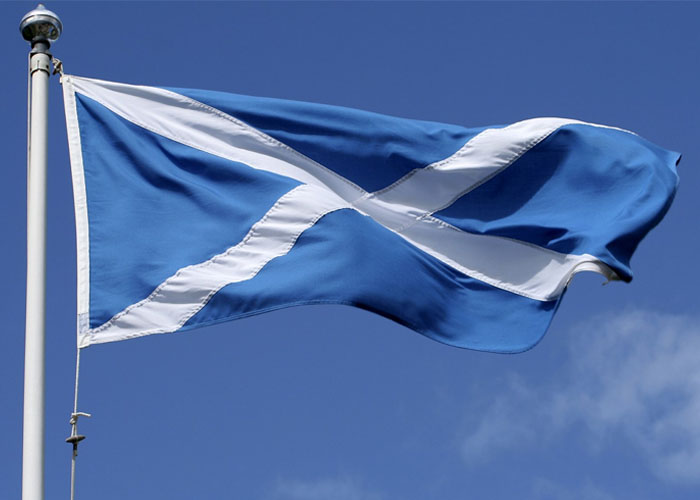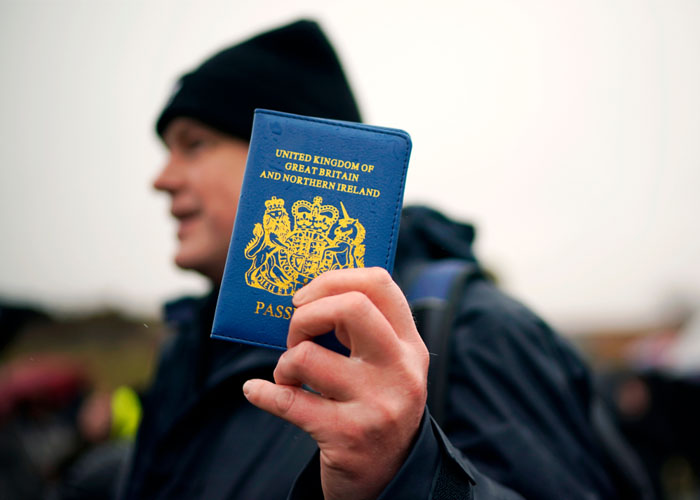Discovering the identity and heritage of a Scottish person
The following is a brief introduction to the topic:
The question of Scottish nationality is unique in a diverse world. The concept of Scottish nationality is rooted in tradition and history. It also has a rich heritage. The article explores the many dimensions of Scottish nationality, revealing layers of culture, identity and pride.

Understand Nationality and Identity
The complex relationship between nationality and identity is what shapes a person’s sense that they belong. Scottish nationality is not just legal citizenship, but also a strong connection with Scotland’s history, culture and traditions. This is a deep acknowledgement of the roots of Scottish people and their place in this world.
Cultural Richness, Heritage and Heritage
A deep respect for the cultural heritage of Scotland is at the core of Scottish nationality. Scotland’s rich cultural heritage is woven into the Scottish identity, from the Highlands and their enchanting landscapes to traditional dances and music. The richness of the culture is a part of Scottish nationality and creates ties that cross generations.
History and its role
The history of Scotland is a key element in the definition of a Scot’s identity. Their identity is shaped by the struggles, victories and resiliency of previous generations. The history of Scotland, from the battles of independence to the preservation and remembrance of old traditions plays a vital role in the formation of a Scottish nationality.

The Language of Identity
The language is a strong symbol of nationalism, reflecting the unique communication and expression of each people. The linguistic identity of a Scot is closely linked to their nationality. Scots Gaelic’s melodic cadence or the Scottish accent’s rhythmic lilt not only conveys words, but also the soul of a country. This reaffirms the complex relationship between language and nation.
Pride of Belonging
A Scottish nationality is an important source of pride and belonging. Standing on holy ground and gazing out at the stunning beauty of Scotland’s landscape is a feeling that’s unique to a Scot. Nationality is important because it gives people a sense of belonging in a group with similar values, aspirations, and traditions.
Embracing Diversity
A Scottish nationality embraces modernity’s inclusive spirit in a world which celebrates diversity. Nationality, it’s recognized as a fluid concept that is woven from different influences and cultures. The acceptance of diversity enhances the sense of nationalism, and allows them to appreciate their heritage as well as global interconnectedness.
The conclusion of the article is:
What is the nationality of a Scot? A tapestry is created by a harmonious symphony woven from identity, history, culture and heritage. A Scottish nationality is more than a legal term; it’s an emotional connection with a country that resonates the footsteps of their ancestors, and will continue to do so for generations to come. We discover that this nationality is a combination of celebrations for the past and reverence of the present. It’s also a bridge between the old and the new, with a proud legacy.
FAQs (Frequently Asked Questions)
Do you consider Scottish people British?
Scotland, England, Wales and Northern Ireland are all part of the United Kingdom.
Does Scottish have its own language?
Scottish is not an independent language. Although English is the main language in Scotland, there are also some areas where Scottish Gaelic can be heard.
What are the cultural traditions that are specific to Scottish peoples?
The Scottish have many cultural traditions such as Highland Games (including the bagpipes), traditional music, wearing kilts and Burns Night, which is celebrated in honour of Robert Burns.
Can Scottish people identify both as Scottish and British?
Many Scots identify as both Scottish and British. Many people in Scotland have dual identities. They are proud of their Scottish heritage, but also recognize their place in the United Kingdom.




